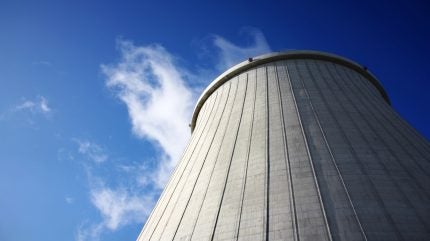
The German government has indicated to France it will no longer oppose treating nuclear power on a par with renewable energy in European Union (EU) legislation, Reuters has reported.
The two countries have long disagreed over promoting atomic power to achieve CO₂ emissions targets.

Discover B2B Marketing That Performs
Combine business intelligence and editorial excellence to reach engaged professionals across 36 leading media platforms.
This development could significantly influence EU legislation and the bloc’s collective approach to tackling climate change.
Germany, under its new Chancellor Friedrich Merz, has indicated a shift in its stance on nuclear energy.
The country now aligns with France’s long-standing advocacy for nuclear power, which constitutes around 70% of its energy mix.
The previous German government had phased out nuclear plants, considering atomic power low-carbon but not renewable.

US Tariffs are shifting - will you react or anticipate?
Don’t let policy changes catch you off guard. Stay proactive with real-time data and expert analysis.
By GlobalDataHowever, the new leadership has changed the country’s stance. Both countries aim for climate neutrality, competitiveness and sovereignty in their energy sectors.
This shift could pressure the European Commission to increase funding for nuclear projects, despite the challenges of financing, development and the long lead times required for new nuclear production to commence.
Confirming a report in the Financial Times, a French official highlighted the recent joint editorial by Merz and French President Emmanuel Macron in Le Figaro.
The leaders emphasised the need for technological neutrality and non-discriminatory treatment of all low-carbon energies within the EU framework.
Despite the positive outlook on nuclear energy’s role in Europe, a German economy ministry spokesperson chose not to comment on the report.
Nonetheless, the trend towards embracing nuclear power is evident, with countries such as Belgium halting a planned phase-out and others in central Europe and Sweden planning new reactors.
In March 2025, France took a significant step by granting state-owned EDF a preferential loan to cover at least half of the costs for six new EPR2 nuclear reactors.
This move is part of Macron’s initiative to modernise the country’s nuclear fleet, with EDF and the state anticipating concluding financial negotiations by spring 2025 and then seeking European Commission approval.





